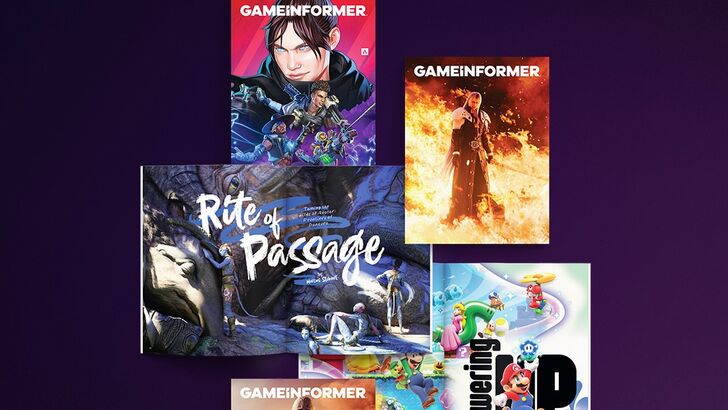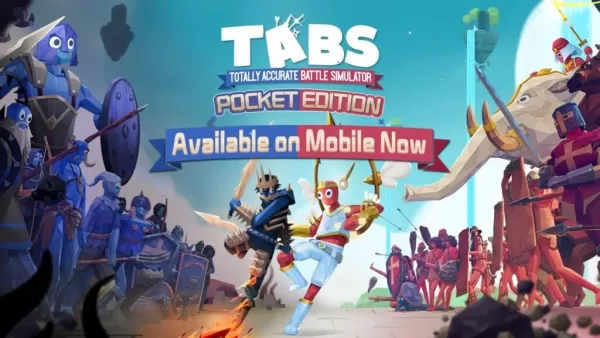
Game Informer, a 33-year gaming journalism institution, abruptly shuts down. GameStop, its parent company, announced the closure on August 2nd, leaving employees shocked and the website completely wiped from the internet. This article details the announcement, the magazine's history, and the outpouring of grief from former staff and the gaming community.
GameStop's Decision and the Fallout
The unexpected announcement, delivered via Twitter (X), brought a swift end to Game Informer's print and online presence. The magazine's final issue, number 367, features a Dragon Age cover story. Employees learned of the immediate closure and subsequent layoffs in a Friday meeting with GameStop's VP of HR. The entire website now redirects to a farewell message, effectively erasing decades of gaming history.
A Legacy in Gaming Journalism
Launched in August 1991 as an in-house newsletter for FuncoLand (later acquired by GameStop in 2000), Game Informer quickly established itself as a leading voice in gaming. Its online presence, initially launched in 1996, underwent several redesigns and expansions, adding features like a review database, news updates, and subscriber-exclusive content. The magazine’s podcast, "The Game Informer Show," further broadened its reach.
However, GameStop's struggles in recent years, exacerbated by the decline of physical game sales, cast a long shadow over Game Informer. Despite a temporary resurgence in GameStop's stock price, the company continued implementing job cuts, impacting Game Informer's staff repeatedly. Even after resuming direct-to-consumer subscriptions, the ultimate closure was inevitable.
Emotional Reactions and Industry Response
The sudden closure sparked widespread dismay among former employees. Social media posts expressed shock, sadness, and frustration over the lack of advance notice and the erasure of their contributions. Comments from former staff members, including Andy McNamara (29 years with the publication) and Kyle Hilliard, highlighted the emotional impact and the unfinished work left behind. Industry figures, including Konami, also expressed their condolences and fond memories of the magazine. The irony wasn't lost on observers, like Bloomberg's Jason Schreier, who noted that a ChatGPT-generated farewell message closely mirrored the official statement.
The demise of Game Informer signifies a significant loss for gaming journalism. Its 33-year legacy serves as a reminder of the challenges faced by traditional media outlets in the digital landscape. While the magazine is gone, its impact on the gaming community and its rich history will undoubtedly endure.









